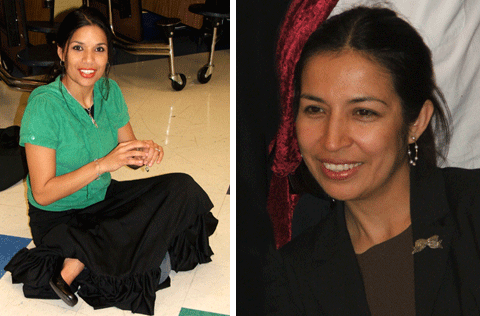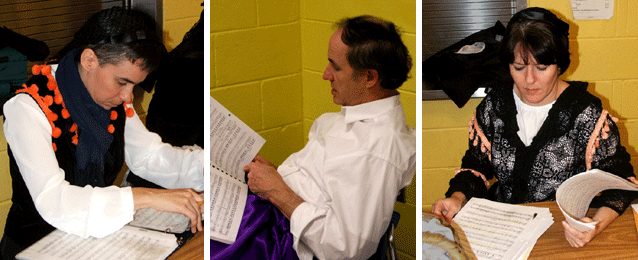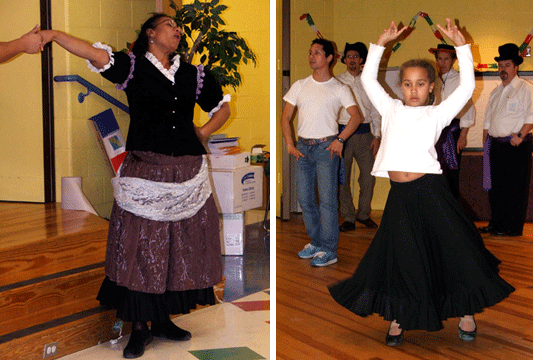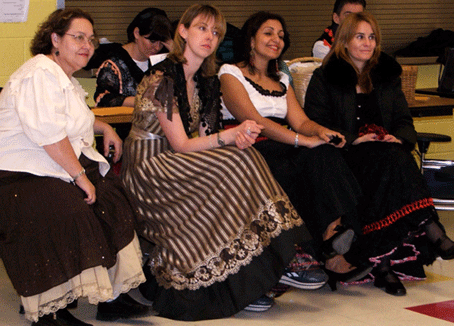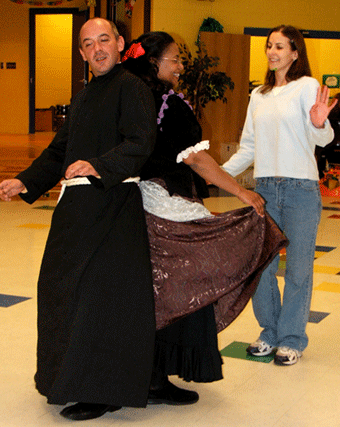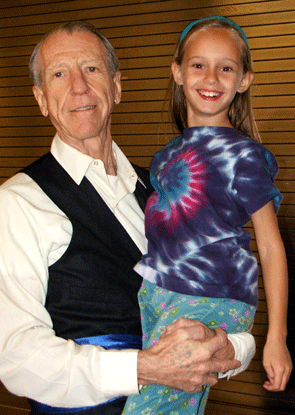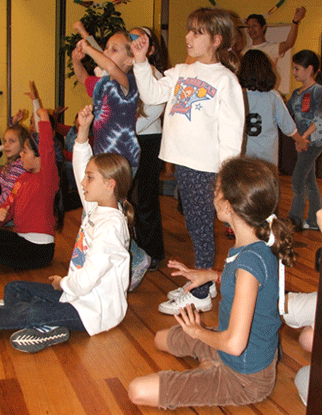Life in One Place
October 26, 2006.
The Opera
Tomorrow night I open in the opera.
Let me be the first to assure you that I am not an opera singer. I did sing in various choruses and choirs decades ago, and they did include the all-volunteer, no-auditions-required chorus of something that was then called Washington Civic Opera. But my talent is limited and it appears I have a distinct tendency to sing flat. If they’d required auditions, I wouldn’t have been there.
Nevertheless, tomorrow night I will sing in the opera.
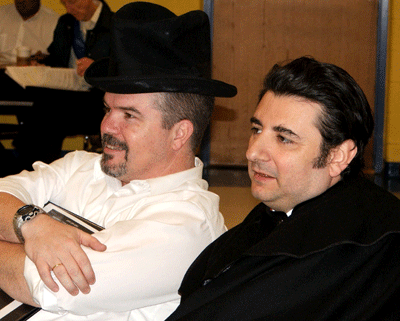
This happened quite unexpectedly. One of the operas I sang in thirty years ago was Magic Flute, which gave me an abiding love of Mozart opera, and Flute in particular. I have seen every performance of that opera that has ever come my way, from the Metropolitan Opera’s production with sets and costumes designed by Marc Chagall, to an animated movie version that I saw in Italy in the 1980s, to a production sung in Mongolian in Ulaan Baatar last summer. Chagall’s wild beasts tamed by Tamino’s flute was absolutely charming, but the delight of the animated imagery that accompanied Papageno and Papagena’s duet towards the end of the movie simply had to be seen.
